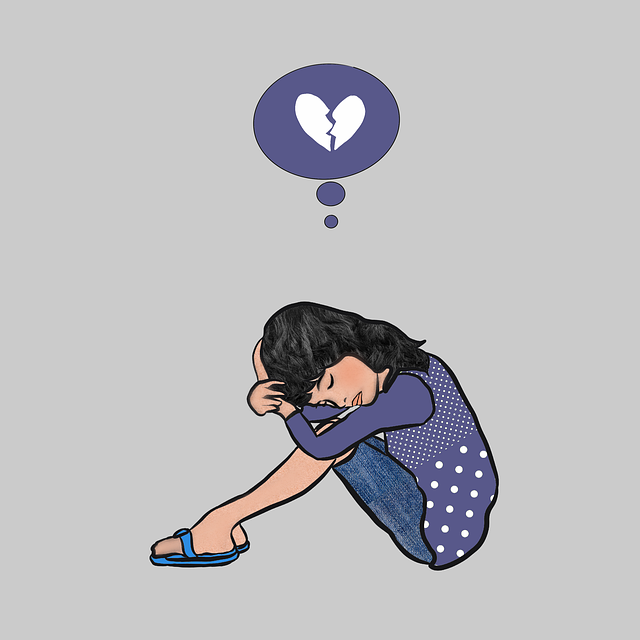In Oregon, civil commitment proceedings balance public safety and individual rights, governed by specific regulations. These proceedings can be initiated by family, guardians, or law enforcement for individuals with mental disorders or addiction. A competent defense requires understanding evidentiary standards, legal precedents, and regulatory criteria regarding commitment duration and discharge. The process starts with a professional evaluation, followed by a court petition citing grounds for concern. The petitioner bears the burden of proof, while the accused has the right to legal representation. Robust rights protect individuals from unjust detention, including the right to counsel, due process, and appeal. A successful defense strategy involves understanding state regulations, scrutinizing evidence, assembling a diverse team, and leveraging knowledge of civil commitment proceedings defense.
“Oregon’s civil commitment regulations play a crucial role in balancing public safety with individual rights. This comprehensive guide delves into the intricate details of civil commitment laws, empowering individuals and families navigating these complex procedures. From understanding who can initiate proceedings and the legal process involved to exploring the rights of those facing commitment and crafting a robust defense strategy, this article offers valuable insights for those seeking to protect their freedoms.”
- Understanding Oregon's Civil Commitment Laws: An Overview
- Who Can Initiate Civil Commitment Proceedings?
- The Legal Process and Required Evidence
- Rights of Individuals Facing Civil Commitment
- Building a Strong Defense Strategy
Understanding Oregon's Civil Commitment Laws: An Overview

In Oregon, civil commitment proceedings are governed by a set of regulations designed to balance public safety with individual rights. Understanding these laws is crucial for anyone involved in such cases, whether as a subject of the proceeding or as a defense attorney. Civil commitment allows for the voluntary or involuntary confinement of individuals who pose a risk to themselves or others due to mental disorders or addiction.
The process involves court orders, evaluations by mental health professionals, and hearings where evidence is presented. A competent defense in civil commitment proceedings requires knowledge of evidentiary standards, legal precedents, and the specific regulations related to commitment criteria, duration, and discharge procedures. This understanding is vital for ensuring that the rights of individuals subject to these proceedings are protected.
Who Can Initiate Civil Commitment Proceedings?

In Oregon, civil commitment proceedings can be initiated by a variety of individuals or entities, depending on the specific circumstances and the nature of the alleged incapacity. Typically, family members, guardians, or even law enforcement officers can file a petition with the court to have an individual committed for evaluation and potential treatment. This process is often triggered when there’s a concern about the person’s mental health and their ability to care for themselves.
A key aspect of Oregon’s civil commitment regulations involves balancing the rights of the accused with the need for protection. The defense, which may include attorneys specializing in civil commitment proceedings defense, plays a crucial role in ensuring that the individual’s constitutional rights are upheld throughout the process. They advocate for their client’s interests while also providing necessary information and arguments to support or oppose the commitment petition.
The Legal Process and Required Evidence

In Oregon, civil commitment proceedings are governed by strict legal standards and procedures. The process begins with an evaluation by a qualified professional, who determines if the individual in question poses a danger to themselves or others. This initial assessment is crucial for initiating the civil commitment defense strategy. If the evaluator suggests commitment, a petition is filed in court, outlining the grounds for concern and the individual’s history.
During civil commitment proceedings, the burden of proof lies with the petitioner, typically a family member, caregiver, or mental health professional. They must present compelling evidence demonstrating that the individual suffers from a mental disorder and poses a substantial risk of harm to themselves or others. This evidence may include medical records, expert testimony, and witness statements. The accused has the right to legal representation and can challenge the petition through various defense strategies, ensuring due process in these sensitive matters.
Rights of Individuals Facing Civil Commitment

In Oregon, individuals facing civil commitment proceedings have specific rights designed to protect them from arbitrary or unjust detention. These rights include the right to legal counsel, ensuring they can mount a competent defense and challenge the evidence against them. The process is meant to be fair, with strict procedural guidelines that must be followed by authorities to ensure due process.
Additionally, those subject to civil commitment proceedings have the right to a hearing where they can present their case and offer testimony. They are also entitled to appeal any adverse decisions, allowing for ongoing legal representation and advocacy. This ensures that individuals can protect themselves against potential abuses of power and maintain their liberty unless proven otherwise under the law.
Building a Strong Defense Strategy

When facing Oregon civil commitment proceedings, building a strong defense strategy is paramount. The first step involves understanding the legal definitions and requirements set forth by state regulations. This includes evaluating the evidence against you, such as medical records, expert opinions, and behavioral assessments, to ensure they meet the high standards required for commitment. A comprehensive review of the process and relevant laws can help identify potential loopholes or weaknesses in the prosecution’s case.
Next, assembling a robust defense team is crucial. This may include legal counsel specializing in mental health law, experts who can challenge the diagnosis or treatment plans, and witnesses who can provide alternative perspectives. By integrating these elements, your defense strategy not only challenges the commitment petition but also ensures your rights are protected throughout the civil commitment proceedings.






